Travel opens up incredible experiences, but staying safe while exploring new places requires some smart planning and awareness. Whether you’re backpacking through Europe or taking a family vacation to the beach, a few simple precautions can make all the difference between a memorable trip and a stressful ordeal.
Every seasoned traveler has learned these lessons the hard way, but you don’t have to. Here is a list of 15 essential travel safety tips that will help you stay secure and enjoy your adventures with peace of mind.
Research Your Destination
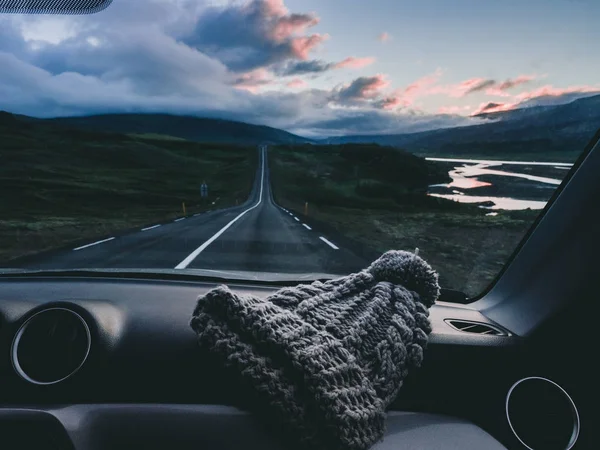
Before you pack your bags, spend some time learning about where you’re headed. Check recent travel advisories, understand local customs, and know which neighborhoods to avoid after dark.
Think of this like studying for a test — the more you know beforehand, the better prepared you’ll be to handle unexpected situations. Government websites and recent traveler reviews give you the real scoop on current conditions, not just the glossy tourism brochures.
Share Your Itinerary
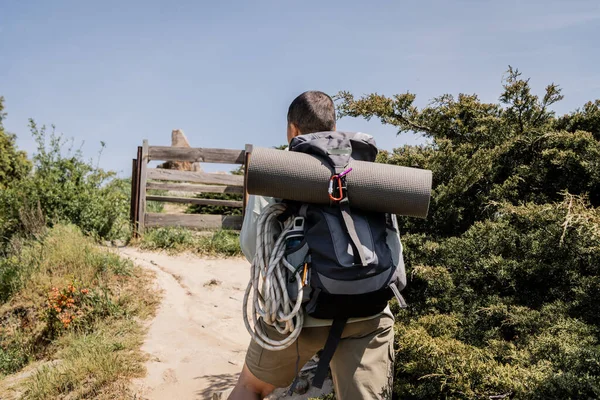
Always leave a detailed copy of your travel plans with someone trustworthy back home. Include flight numbers, hotel addresses, and contact information for each stop on your journey.
This isn’t about being paranoid — it’s like leaving a trail of breadcrumbs, so people know where to find you if something goes wrong. Update your contact person if plans change, because that beach resort you decided to visit spontaneously won’t help if your family is looking for you at the wrong hotel.
Like Travel Pug’s content? Follow us on MSN.
Pack Light and Smart
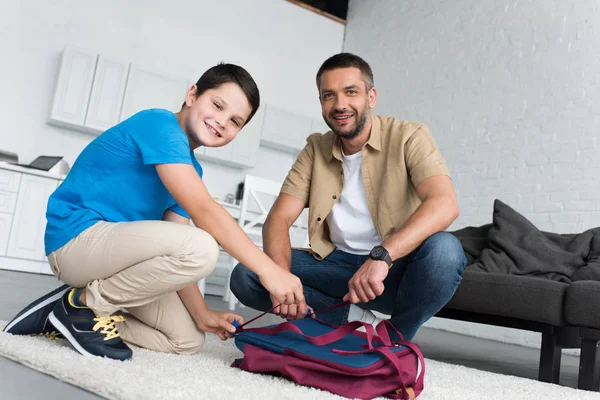
Heavy luggage makes you a target and slows you down when you need to move quickly. Pack only what you truly need and distribute valuable items across different bags. It’s like not putting all your eggs in one basket – if one bag gets lost or stolen, you won’t lose everything important.
Choose clothes that mix and match easily, and remember that most destinations have stores where you can buy forgotten essentials.
Keep Important Documents Secure
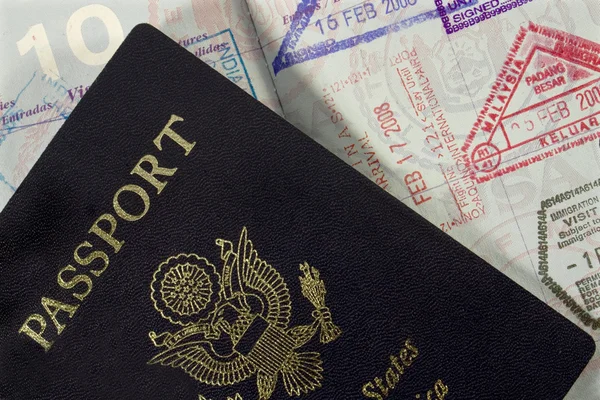
Make copies of your passport, driver’s license, and travel insurance, then store them separately from the originals. Consider keeping digital copies in secure cloud storage that you can access from anywhere.
Your passport is like your golden ticket home — losing it in a foreign country can turn your vacation into a bureaucratic nightmare. Some travelers even email copies to themselves as a backup plan that’s always accessible.
Stay Connected
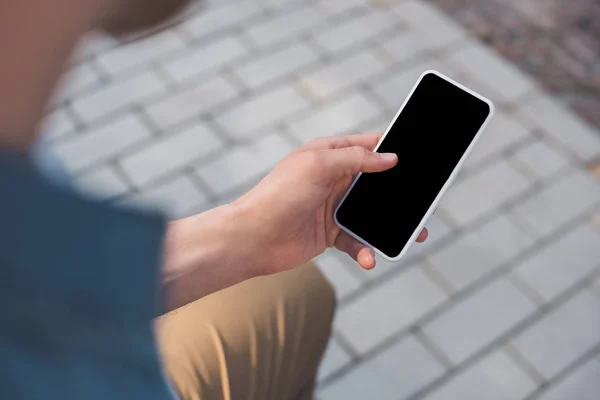
Ensure you have reliable ways to communicate, whether through international phone plans or local SIM cards. Download offline maps and translation apps before you lose internet access.
Being able to call for help or navigate without data is like having a safety net when everything else goes wrong. Many countries offer affordable tourist SIM cards at airports, which beats paying shocking roaming charges.
Like Travel Pug’s content? Follow us on MSN.
Use Hotel Safes Wisely
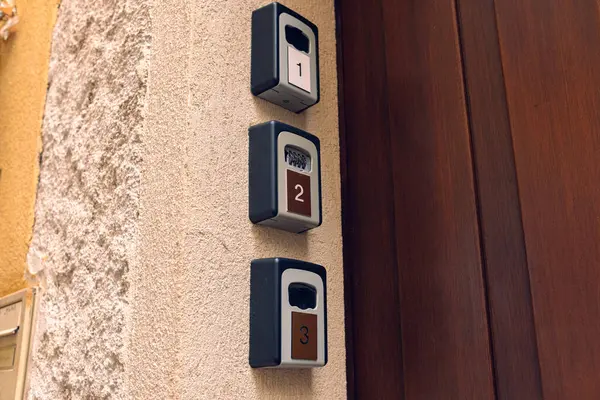
Hotel safes aren’t foolproof, but they’re better than leaving valuables scattered around your room. Store extra cash, backup credit cards, and important documents, but spread out your valuables in case of theft.
Think of the safe as a reasonable deterrent, not Fort Knox — it’ll stop opportunistic theft but won’t necessarily protect against determined criminals. Always check that the safe actually locks properly before trusting it with your belongings.
Trust Your Instincts

If a situation feels off, it probably is. Your gut instincts have evolved over thousands of years to keep you safe, so don’t ignore them for the sake of being polite.
That friendly stranger who’s a little too interested in your travel plans might genuinely want to help, or they might be sizing you up for trouble. It’s better to seem rude than to become a victim, and most genuine people will understand your caution.
Avoid Flashy Displays of Wealth

Leave expensive jewelry at home and don’t wave around fancy electronics or thick wads of cash. Blend in with locals as much as possible — you want to look like someone who knows where they’re going, not a walking advertisement for easy money.
This is especially important in areas with high poverty rates, where your average smartphone might represent weeks of local wages. A simple watch and modest clothing can prevent you from standing out as a target.
Like Travel Pug’s content? Follow us on MSN.
Learn Basic Local Phrases

Knowing how to say ‘help,’ ‘police,’ and ’emergency’ in the local language can be lifesaving. Download a translation app, but don’t rely on technology completely since phones die and internet disappears at the worst moments.
Even butchering the pronunciation shows locals that you’re making an effort, which often earns you more patience and assistance. Practice these phrases before you travel, because stress can make even simple words vanish from your memory.
Stay Alert to Your Surroundings
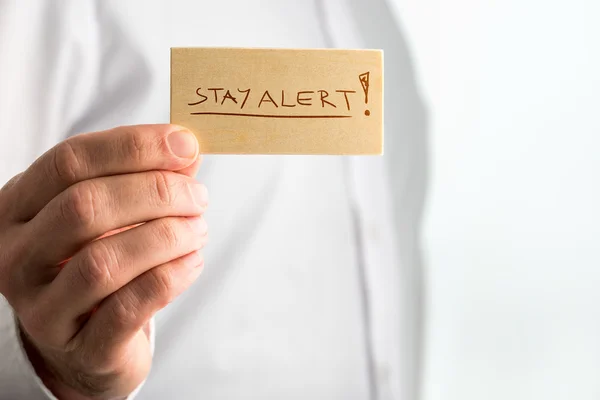
Keep your head up and pay attention to what’s happening around you, especially in crowded areas like markets or train stations. Pickpockets and scammers rely on distracted tourists who are buried in their phones or guidebooks.
Think of situational awareness like having a radar system — you’re not being paranoid, just maintaining a healthy awareness of your environment. This doesn’t mean being scared of everyone, just staying alert enough to spot trouble before it finds you.
Use Reputable Transportation
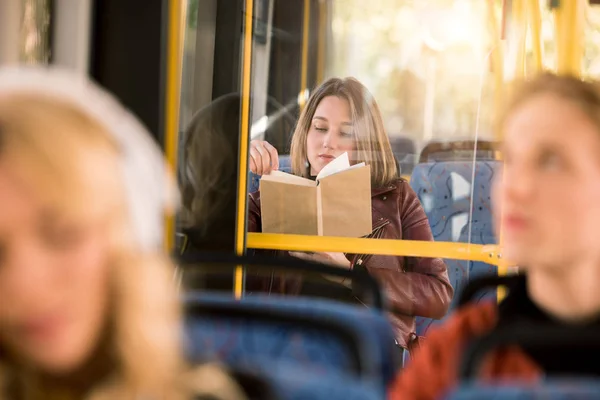
Stick to official taxis, established ride-sharing services, or recommended tour companies rather than accepting rides from random strangers. Research local transportation options before you arrive, so you know what legitimate services look like. Getting into an unmarked car with someone you don’t know is like playing Russian roulette with your safety.
Licensed drivers have accountability and insurance, while random offers of rides often lead to overcharging or worse.
Like Travel Pug’s content? Follow us on MSN.
Secure Your Accommodations

Lock your doors and windows, even if you’re just stepping out briefly. Don’t open doors to unexpected visitors, and verify anyone claiming to be hotel staff by calling the front desk. Your hotel room should be your safe haven, not another place to worry about security.
Consider packing a door wedge or portable door lock for extra security, especially in budget accommodations where key control might be questionable.
Keep Emergency Contacts Handy
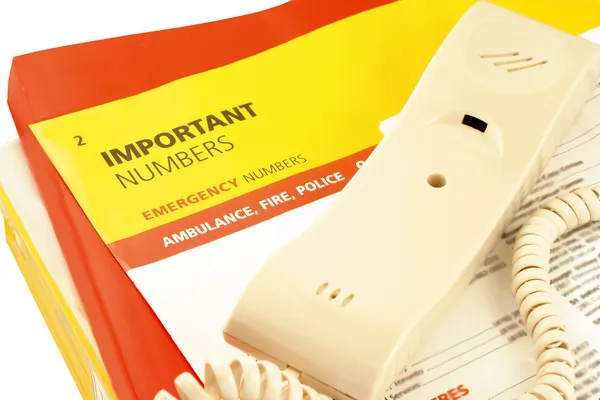
Program local emergency numbers into your phone and write them down on paper as backup. Know how to contact your embassy or consulate if you’re traveling internationally. Include your travel insurance company’s 24-hour assistance line, because they can often provide help and guidance when you’re facing problems abroad.
Having these numbers readily available is like carrying a lifeline – you hope you’ll never need them, but you’ll be grateful they’re there if trouble strikes.
Monitor Your Money

Use ATMs at banks rather than standalone machines in tourist areas, and notify your bank about travel plans to prevent card blocks. Check your accounts regularly for unauthorized charges, and carry multiple payment methods in case one gets compromised.
Criminals often target tourist-heavy ATM locations, so that machine outside the souvenir shop might not be your safest bet. Consider using a dedicated travel card with limited funds rather than your main bank account.
Like Travel Pug’s content? Follow us on MSN.
Stay Sober and Alert

Avoid excessive drinking, especially when you’re alone or in unfamiliar areas. Criminals specifically target intoxicated tourists who can’t think clearly or defend themselves effectively. You don’t have to skip the local wine completely, but pace yourself and stay aware of your limits.
Having one trusted travel companion stays relatively sober is a good strategy for group travel, ensuring someone can make clear decisions if problems arise.
Your Safety Journey Continues

These travel safety tips aren’t just rules to follow once — they’re habits that become second nature with practice. The world has become more connected and generally safer for travelers over the decades, but smart precautions remain as important as ever.
Every trip teaches you something new about staying safe while exploring, and experienced travelers know that preparation beats reaction every time. The goal isn’t to travel in fear, but to travel smart so you can focus on creating amazing memories instead of dealing with preventable problems.
More from Travel Pug

- 20 Best Beach Towns in the Carolinas
- 13 Destinations Where Tourists Regularly Regret Their Trip
- 20 Things You Actually Get in First Class
- 20 Small Airports With Aviation Museums
- 20 Places in the U.S. That Are Perfect for a Reset Trip
Like Travel Pug’s content? Follow us on MSN.
